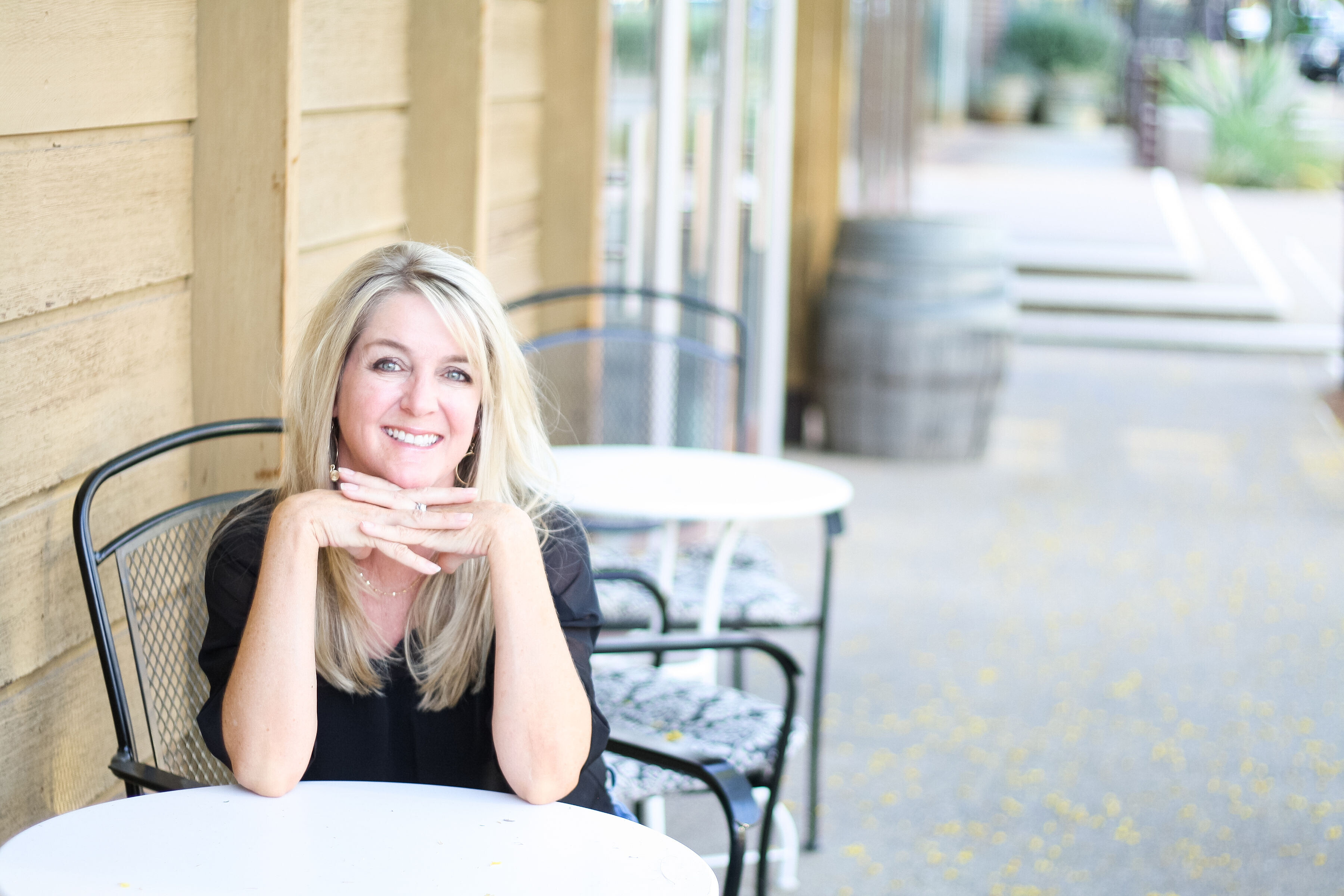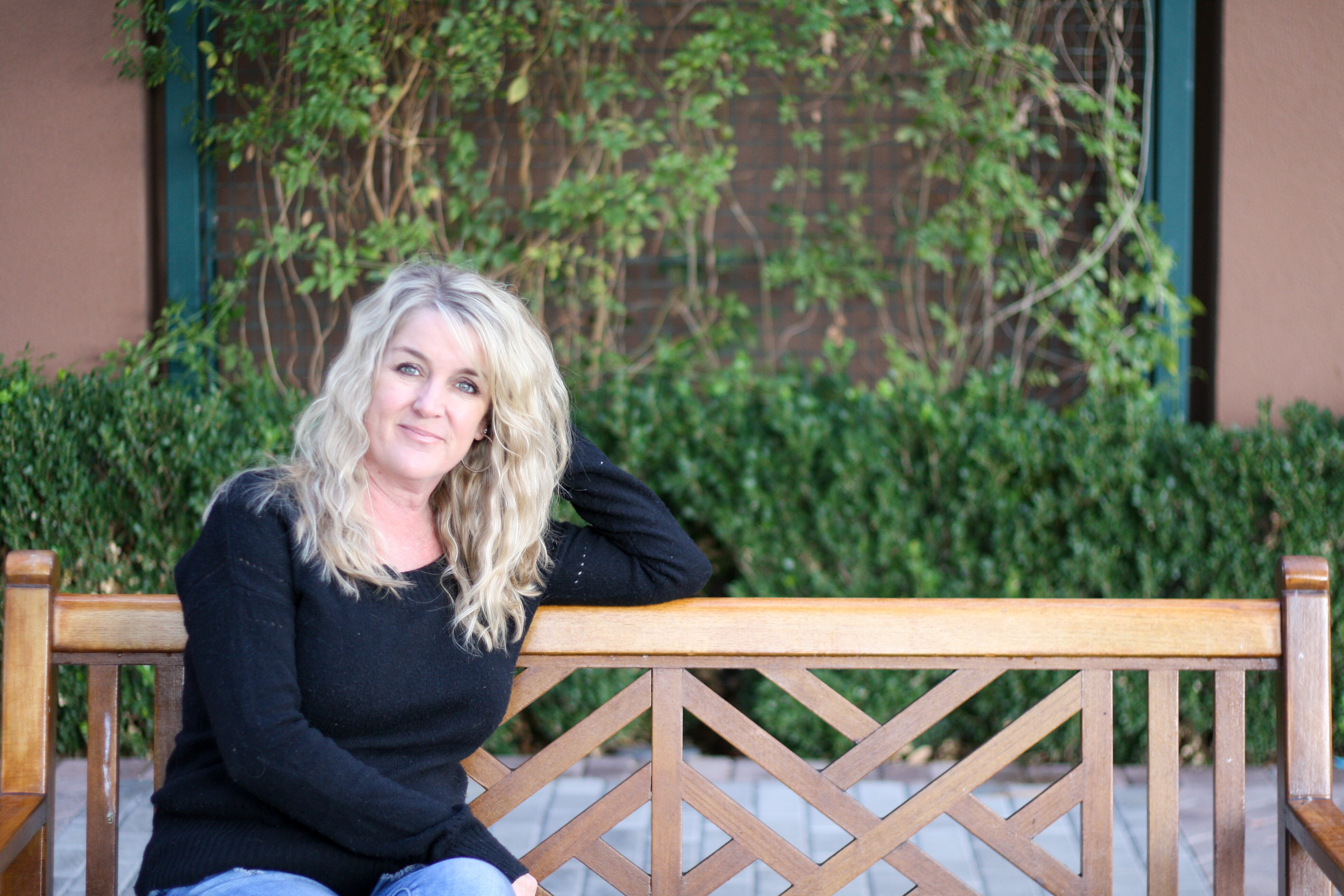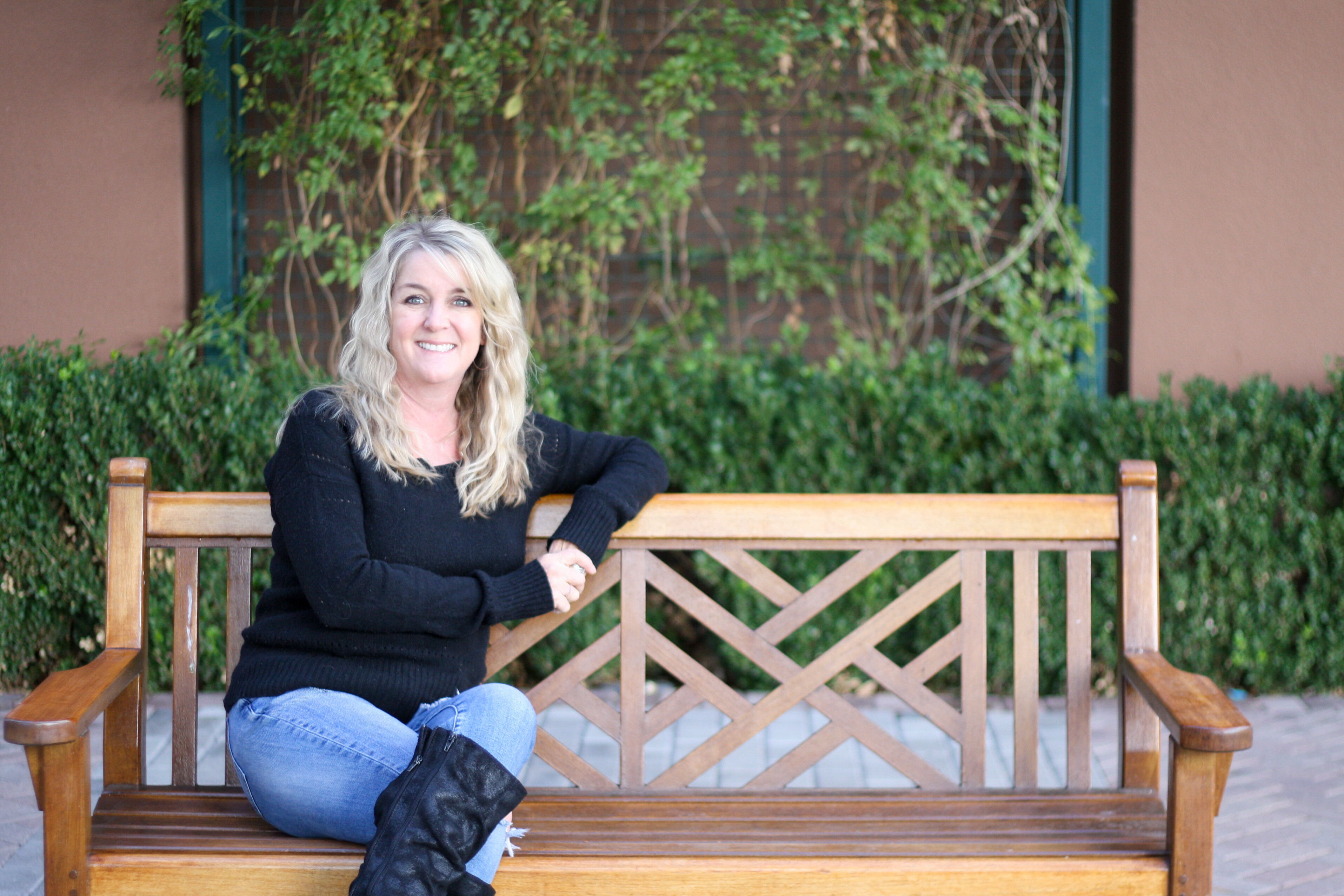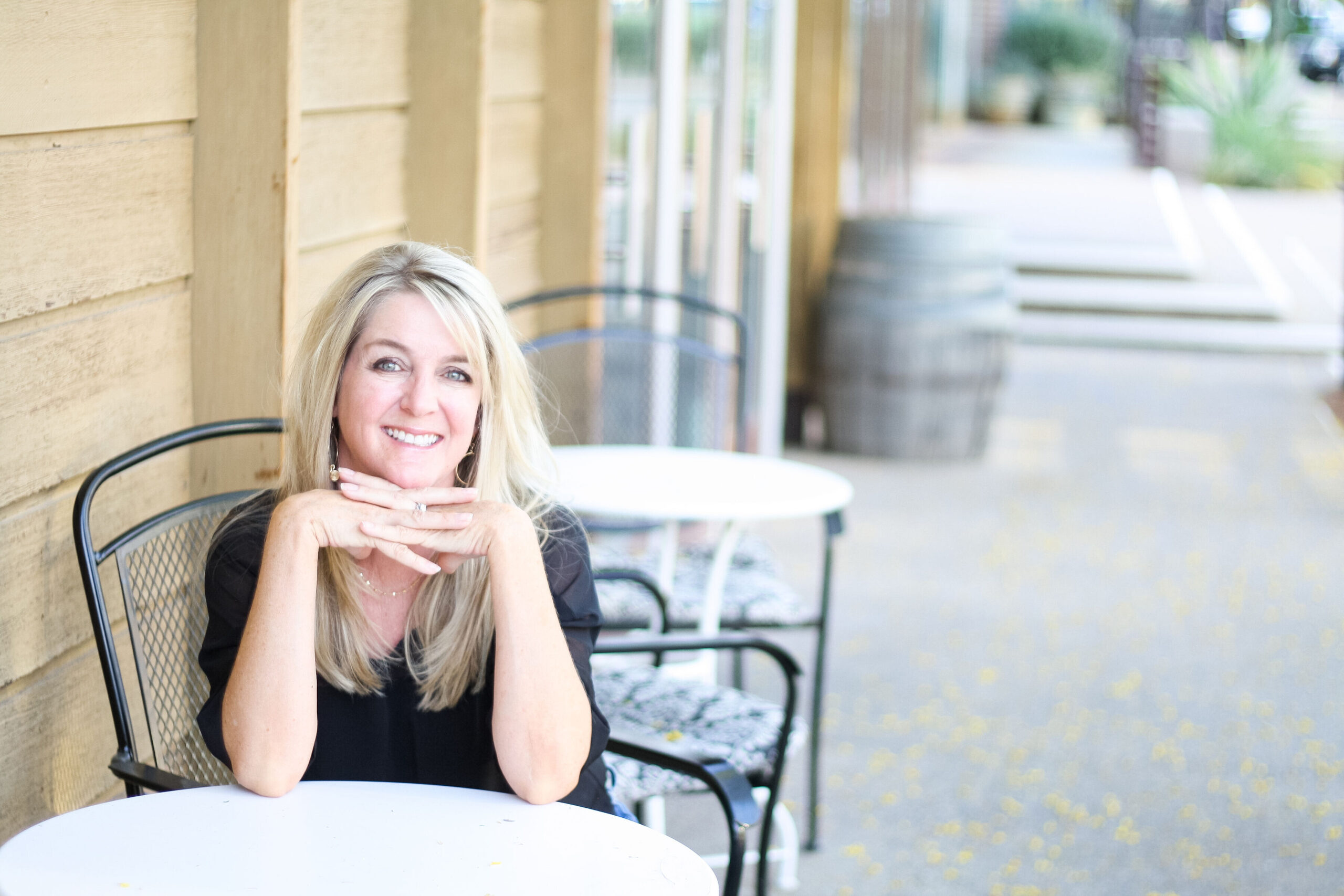The Importance of Finding Inner Peace
Finding inner peace is essential for overall well-being and happiness. It involves achieving a state of calmness, acceptance, and contentment within oneself. Inner peace allows individuals to have a positive outlook, cope with stress, and maintain healthy relationships.
Understanding Codependency
Codependency is an unhealthy pattern of behavior where individuals excessively rely on others for their own self-worth and identity. It often arises from childhood experiences, such as growing up in a dysfunctional or abusive family environment. Codependent individuals have a strong desire to please others and often neglect their own needs and well-being.
The Link Between Codependency and Lack of Self-Love
Codependency is fueled by a lack of self-love. Individuals who struggle with codependency often have low self-esteem and seek validation and approval from others. They may have difficulty setting boundaries and prioritizing their own needs. Self-love is crucial in codependency recovery as it involves nurturing oneself, setting healthy boundaries, and valuing one’s own worth.
Recovering from Codependency through Self-Love
Recovering from codependency requires cultivating self-love and acceptance. Here are some strategies for individuals on their journey towards codependency recovery:
- Self-Reflection: Take time to reflect on past relationships and patterns of codependent behavior. Recognize the underlying causes and triggers.
- Self-Care: Prioritize self-care activities that nourish your mind, body, and spirit. This can include exercise, therapy, meditation, or engaging in hobbies you enjoy.
- Setting Boundaries: Learn to set healthy boundaries with others. Communicate your needs and limits, and be prepared to enforce them.
- Self-Acceptance: Embrace and accept yourself as you are, including your flaws and imperfections. Practice self-compassion and forgiveness.
- Building a Support System: Surround yourself with supportive and understanding individuals who can provide emotional support and encouragement on your journey.
- Seeking Professional Help: Consider working with a therapist or counselor who specializes in codependency and can provide guidance and support throughout the recovery process.
The Role of Acceptance in Codependency Recovery
Acceptance is a crucial aspect of codependency recovery. It involves acknowledging and embracing your own worth, accepting your past mistakes and experiences, and forgiving yourself and others.
Developing Self-Acceptance
To develop self-acceptance, it’s important to:
- Let Go of Perfectionism: Release the need to be perfect and understand that making mistakes is a normal part of the human experience.
- Practice Self-Compassion: Treat yourself with kindness and understanding, just as you would a close friend. Offer yourself forgiveness and love.
- Acknowledge and Accept Feelings: Allow yourself to feel and express a range of emotions without judgment. Validate your own experiences and emotions.
- Release Judgment: Let go of judgment towards yourself and others. Understand that everyone is on their own journey and is deserving of love and acceptance.
The Journey to Inner Peace and Healthy Relationships
The path to inner peace and healthy relationships begins with self-love and acceptance. By prioritizing your own well-being, setting boundaries, and cultivating self-acceptance, you can break free from codependency and find inner peace.
Remember, this journey may take time and effort, but the rewards are immeasurable. By investing in yourself and your happiness, you can create the fulfilling relationships and life you deserve.
What are the signs of codependency?
How can self-love help in codependency recovery?
Quote from Kristen Brown:
“Shame and unworthiness are the dis-ease and self-love is the miracle cure.”
For more guidance on codependency recovery, self-love, and building healthy relationships, visit Kristen Brown’s website.

The Impact of Codependency on Relationships
Codependency is a complex issue that can have a significant impact on relationships. It often involves an unhealthy reliance on others for approval, validation, and a sense of self-worth. Individuals struggling with codependency may prioritize others’ needs and emotions over their own, leading to a lack of boundaries and an imbalance in relationships.
In a codependent relationship, one person may be enmeshed with their partner, feeling responsible for their emotions, actions, and overall well-being. This can lead to a cycle of enabling, rescuing, and sacrificing one’s own needs for the sake of the other person.
The Importance of Cultivating Self-Worth
One of the key aspects of codependency recovery is learning to cultivate self-worth. This involves recognizing and valuing one’s own inherent worth, independent of external validation or the opinions of others.
Cultivating self-worth requires a deep understanding and acceptance of oneself. It involves developing self-compassion, practicing self-care, and embracing one’s strengths and weaknesses. By prioritizing self-worth, individuals can break free from the cycle of seeking validation and approval from others, and instead, find fulfillment from within.
Embracing Boundaries for Healthy Relationships
Boundaries play a crucial role in healthy relationships and codependency recovery. They define the limits of what is acceptable and permissible in a relationship, ensuring that each individual’s needs and emotions are respected and honored.
Setting and maintaining boundaries requires clear communication and assertiveness. It involves expressing one’s needs, wants, and limits while also considering the needs of the other person. Boundaries act as a safeguard, preventing individuals from being taken advantage of or losing their sense of self in a relationship.
Building Healthy Relationships through Codependency Recovery
Codependency recovery is a journey of self-discovery and personal growth. It requires individuals to prioritize their mental and emotional well-being, to develop resilience, and to embrace authentic self-love.
By cultivating self-worth and embracing boundaries, individuals can establish healthy and balanced relationships based on mutual respect, trust, and emotional support. They can break free from codependent patterns and create a space for personal growth, fulfillment, and emotional freedom.
Expert Support and Resources
Kristen Brown, Spiritual and Empowerment Author and Mentor, provides valuable support and guidance for individuals on their codependency recovery journey. Through her books, coaching programs, and online resources, she offers practical tools and insights to help individuals cultivate self-worth, set boundaries, and build healthy relationships.
For more information on Kristen Brown’s work and to access her resources, visit her website.
- Kristen Brown
- Work with Kristen Brown
- Finding Your Soulmate
- Kristen Brown’s Story
- Get in Touch with Kristen Brown
- Kristen Brown’s Books
- Additional Resources
Relevant Quotes from Kristen Brown
“It’s not people touching our buttons that’s the problem; it’s that we have them to touch.”
“Shame and unworthiness are the dis-ease and self-love is the miracle cure.”
“We are the elite guardians of our minds, bodies and spirits. It is our duty to become our own best friends, advocates, and protectors.”
“Self-love is not selfish. It is necessary to move from surviving to thriving.”
“Boundaries are designed to protect and support our sacred selves.”
“Healthy boundaries are self-love in action.”
“Healthy boundaries are an organic response to self-worth.”
“Anything rooted in Love is always right – even when it’s love of self!”
“A well-set boundary gives the other person an opportunity to discover and heal disowned aspects of themselves.”
“It is up to us to love ourselves well and make solid decisions that support our well-being and the well-being of those dependent on us.”
“Being excellent guardians of our mental and emotional health will require doing hard things.”
“Surrender is not giving up on a situation – it is giving it over. It is not ‘thinking’ our way through life, but acting from divine inspiration.”
How can codependency affect relationships?
What is the importance of cultivating self-worth in codependency recovery?
Note: Only one quote from Kristen Brown’s book “The Recovering People Pleaser” is included in this article. For more insightful quotes and guidance, refer to Kristen Brown’s books and resources.

The Path to Codependency Recovery
Codependency is a pattern of behavior in which individuals excessively rely on others for their sense of self-worth and validation. It often arises from dysfunctional or abusive relationships, where one person becomes enmeshed in taking care of the needs of others, neglecting their own well-being in the process. The path to codependency recovery involves understanding the root causes of codependency, learning self-love and setting healthy boundaries, and ultimately reclaiming one’s freedom in relationships.
Understanding Codependency
Codependency can stem from early childhood experiences, such as growing up in a dysfunctional family or experiencing trauma or neglect. It can also be learned behavior, where individuals adapt to their environment by prioritizing the needs of others to gain approval or maintain a sense of control. Understanding the underlying factors contributing to codependency is crucial in embarking on the path to recovery.
The Importance of Self-Love
Self-love is a fundamental aspect of codependency recovery. It involves cultivating a deep sense of self-worth and valuing one’s own needs and desires. Practicing self-love means setting aside time for self-care, engaging in activities that bring joy and fulfillment, and prioritizing one’s own well-being. By loving oneself, individuals can break free from codependent patterns and establish healthier, more balanced relationships.
Setting Healthy Boundaries
Boundaries are essential in codependency recovery. They define the limits and expectations individuals have for themselves and others in their relationships. Setting healthy boundaries involves learning to say no when necessary, asserting one’s needs and desires, and recognizing and respecting personal limits. By establishing boundaries, individuals can protect themselves from being taken advantage of and create mutually respectful relationships.
The Journey to True Freedom
Codependency recovery is a journey towards true freedom in relationships. It involves breaking free from patterns of people-pleasing and enabling, and fostering healthier dynamics based on equality and mutual respect. By embracing self-love and setting healthy boundaries, individuals can cultivate empowering relationships that allow for personal growth and fulfillment. True freedom in relationships comes from embracing one’s authentic self and prioritizing one’s own well-being.
Frequently Asked Questions
What are the signs of codependency?
How can I start my journey to codependency recovery?
Quotes from Kristen Brown, Spiritual and Empowerment Author and Mentor
“It’s not people touching our buttons that’s the problem; it’s that we have them to touch.”
“Self-love is not selfish. It is necessary to move from surviving to thriving.”
“Healthy boundaries are self-love in action.”
“Anything rooted in Love is always right – even when it’s love of self!”
Kristen Brown, Spiritual and Empowerment Author and Mentor, offers valuable insights and guidance on codependency recovery and building healthier relationships. To learn more about her work and access additional resources, visit her website at https://www.kristenbrown.org/.
Please note that the links provided are for reference and are not endorsements.

Breaking Away from Codependency: The Journey to Self-Empowerment and Healing
More about Do You Give or Love too Much in Relationships Codependency Recovery: Commented Posts
Do You Give Too Much in Relationships: The Key to Codependency Recovery: Self-Love and Self-Acceptance
Breaking Away from Codependency: The Journey to Self-Empowerment and Healing
2023 Kristen Brown, Spiritual and Empowerment Author and Mentor – Do You Give or Love too Much in Relationships Codependency Recovery All Rights Reserved.
[meta.author=Kristen Brown]
